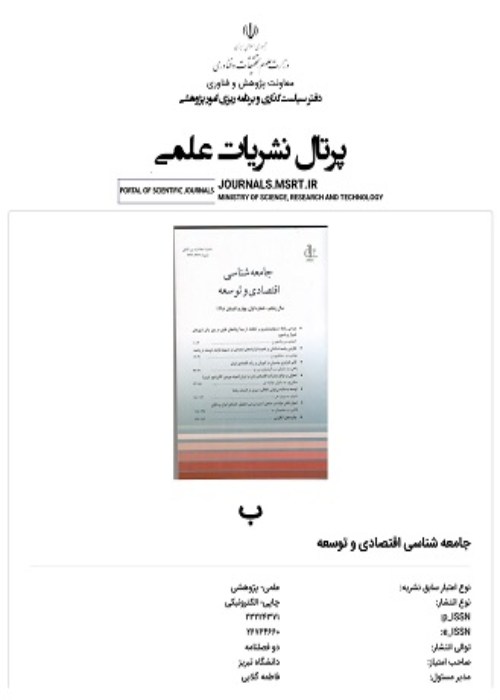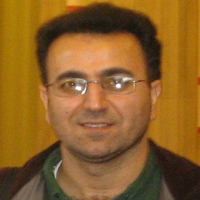Farmers' perceptions of social barriers and facilitators of adaptation to climate change
Climate change has now become one of the most challenging social problems in modern societies, that human origin has been proven. The role of humans in emitting carbon dioxide and increasing the level of greenhouse gases has led to global warming and adverse climate change. Isfahan province experiences a lot of environmental damage, especially in the agricultural sector to the phenomenon of climate change. This study aims to investigate farmers' perceptions of barriers and facilitators of adaptation to climate change. The approach of this research is qualitative. In this study, 29 semi-structured interviews were conducted with farmers in Isfahan province. Findings showed that farmers implement 5 types of strategies: harmful adaptation, government-oriented, technological agriculture, eco-adaptation, and non-occupational in response to climate change. Barriers to adaptation include weak institutional trust, weak farmers' cooperation network, unpredictable future, structural barriers, information poverty, and Unreliable information obtained from the media. Adaptation facilitators also include knowledge of climate change, perceived self-efficacy, the effectiveness of perceived adaptation measures, the feeling of place attachment, and government support. Barriers and facilitators of adaptation to climate change have individual and structural aspects. Alignment of training on adaptation measures with government assistance and support and strengthening of social capital can be a factor in making farmers more adaptable to climate change.
- حق عضویت دریافتی صرف حمایت از نشریات عضو و نگهداری، تکمیل و توسعه مگیران میشود.
- پرداخت حق اشتراک و دانلود مقالات اجازه بازنشر آن در سایر رسانههای چاپی و دیجیتال را به کاربر نمیدهد.




